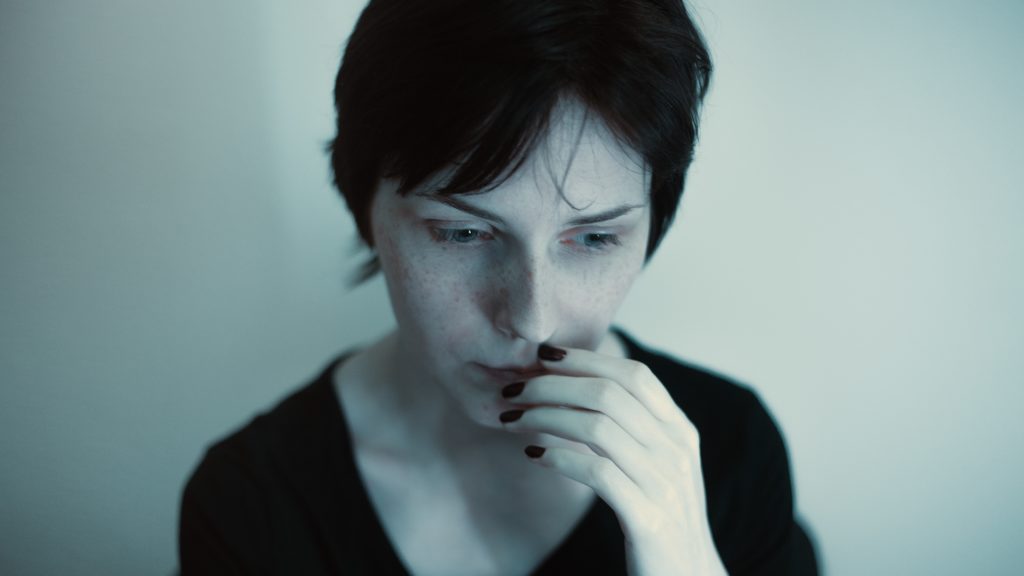Days before she lands in India as head of a US business delegation, Ivanka Trump, daughter of and senior advisor to US President Donald Trump talked about postpartum depression in a television show. She is not the first celebrity to do so but the cause can do with all that attention and more. Trump arrives in India today.
“It was a very challenging emotional time for me because I felt like I was not living up to my potential as a parent or as an entrepreneur and executive,” Trump said in the “The Dr Oz Show”.

The global prevalence of postpartum depression has been estimated as 100‒150 per 1000 births. In India where maternal mortality rather than postpartum depression is a more immediate public health challenge, the incidence of postpartum depression that can predispose to chronic or recurrent depression and affect the mother-infant relationship, is not inconsiderable. A systematic review of peer reviewed articles on the condition, published in a bulletin of the World Health Organisation earlier this year found its prevalence in India to be 22%.
 Such is the state of mental healthcare in India that President Ramnath Kovind talked earlier this month about India “staring at a mental health epidemic.” Likes of actor Deepika Padukone – now in the news for her controversial film Padmavati – are just beginning to talk here about their own experiences with depression but that of the postpartum variety is yet below the radar of public health discourse.
Such is the state of mental healthcare in India that President Ramnath Kovind talked earlier this month about India “staring at a mental health epidemic.” Likes of actor Deepika Padukone – now in the news for her controversial film Padmavati – are just beginning to talk here about their own experiences with depression but that of the postpartum variety is yet below the radar of public health discourse.
“In India, women who deliver at a health facility often stay for less than 48 hours after delivery. This leaves little opportunity for health personnel to counsel the mother and family members on the signs and symptoms of postpartum depression and when to seek care,” the WHO review pointed out. It also summed up the challenges in tackling the extreme sadness and anxiety that some women feel after giving birth.
The global prevalence of postpartum depression has been estimated as 100‒150 per 1000 births. In India where maternal mortality rather than postpartum depression is a more immediate public health challenge, the incidence of postpartum depression that can predispose to chronic or recurrent depression and affect the mother-infant relationship, is not inconsiderable. A systematic review of peer reviewed articles on the condition, published in a bulletin of the World Health Organisation earlier this year found its prevalence in India to be 22%.
“Despite the launch of India’s national mental health programme in 1982, maternal mental health is still not a prominent component of the programme. Dedicated maternal mental health services are largely deficient in health-care facilities, and health workers lack mental health training. The availability of mental health specialists is limited or non-existent in peripheral health-care facilities. Furthermore, there is currently no screening tool designated for use in clinical practice and no data are routinely collected on the proportion of perinatal women with postpartum depression,” the review says.
The review, meanwhile also found that incidence of postpartum depression was higher in the southern states which it said could be because of greater care-seeking behaviour in states with higher literacy – in other words more aware societies identify and report postpartum depression more.


